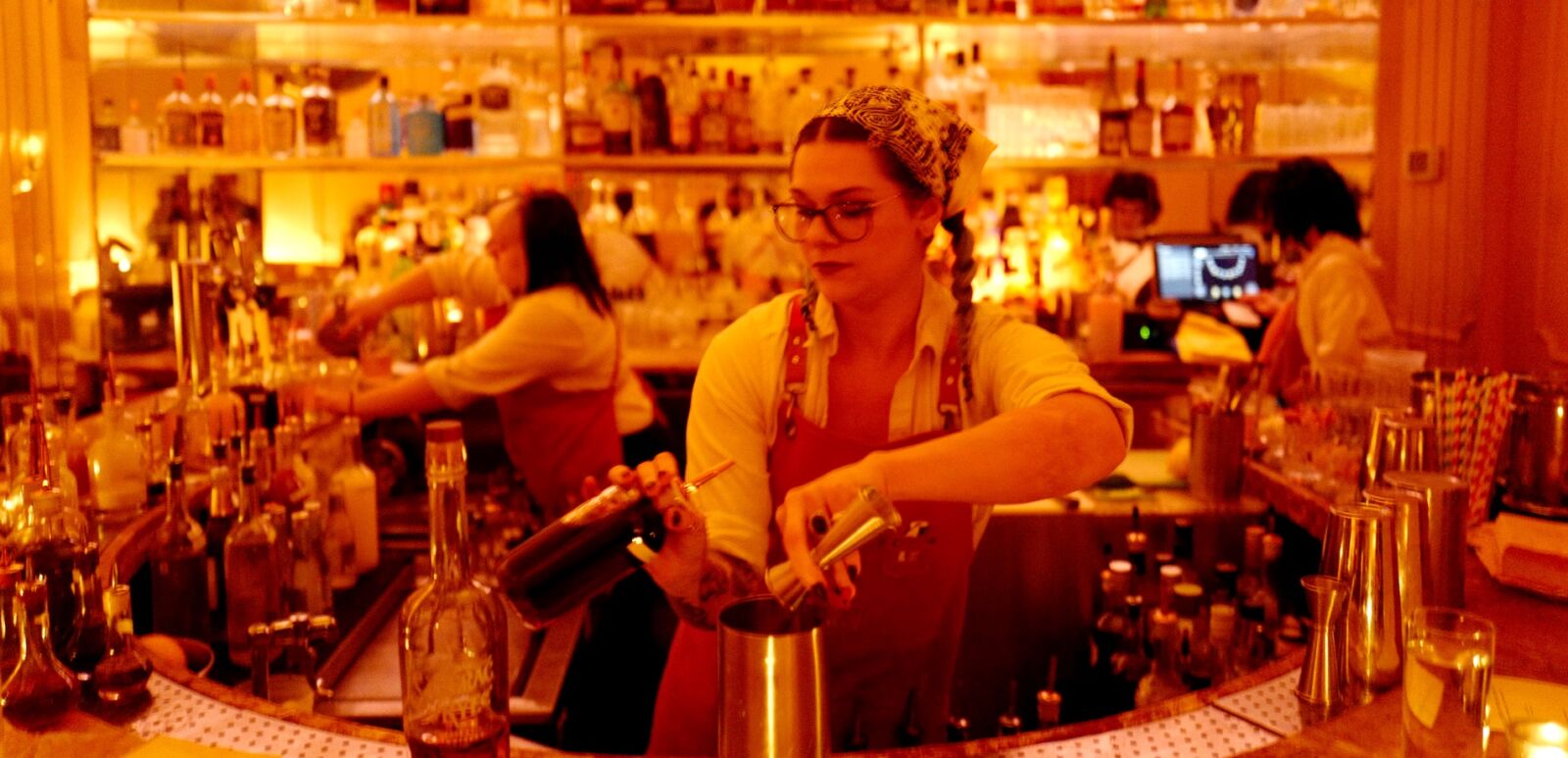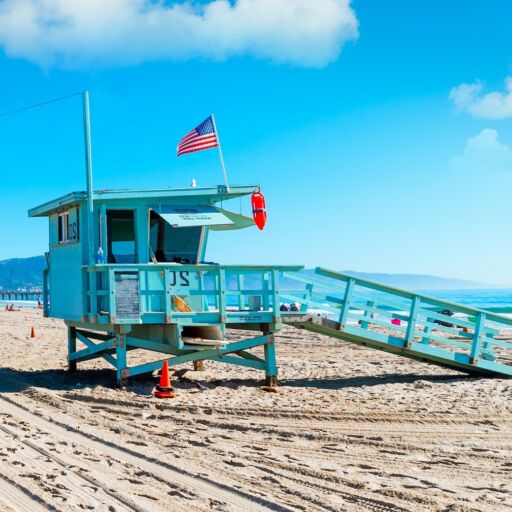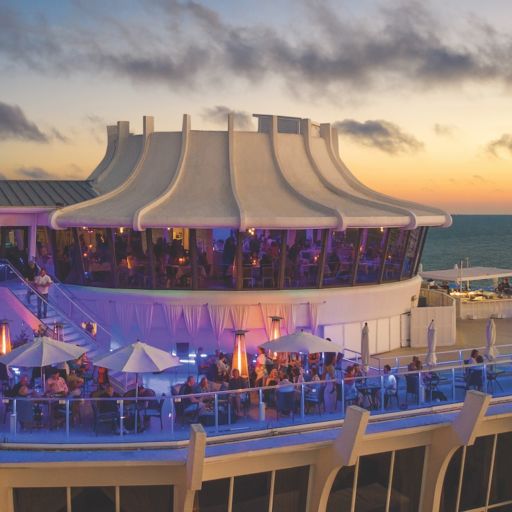This story was first published in The Hotels issue (#6) which hit stands in March 2024. The Siren was named to our first-ever Greatest Hotels Ever list.
Detroit had been beckoning me since I touched down in Barcelona last summer to check out Ron Wood’s suite at the El Palace hotel. The Rolling Stones’ legendary strummer designed his room, and if there was a big screen on the wall, I never noticed, because front and center sat a whirring chrome Wurlitzer 1900 stacked with 52 of the globetrotting guitarist’s own 45s, and the Motown sound stretched from Marvin Gaye’s “Rockin’ After Midnight” (A13) to “Until You Love Someone” (D26) by the Four Tops; (the only thing missing was the band’s own tribute to Detroit Rock City; their cover of the Temptations’ “Ain’t Too Proud To Beg.”)
Motor City was on my mind again a few weeks later, when two iconic characters from crime scribe Elmore Leonard, the Dickens of Detroit, crossed over in “Justified: City Primeval,” a TV series that saw Kentucky gunslinger Rayland Givens cross paths with “Oklahoma Wildman” Clement Mansell.
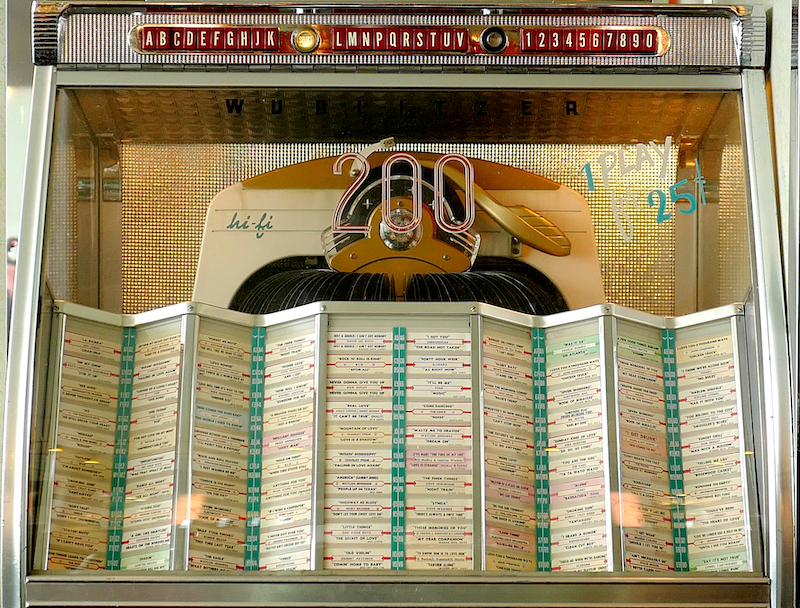
“Kill the jukebox,” Mansell tells Sweety Sweeton, the Detroit barman who betrayed him. As Sweeton pulls the plug on the Selectomatic and the bleeding blues of Jimmy Lewis’ “I Can’t Leave You Alone,” Mansell pulls the trigger and presses play on his boombox while gunsmoke and the White Stripes’ “Seven Nation Army” fills the air.
Jack and Meg White, they’re Detroit natives too. Walk through the lobby of The Siren hotel downtown, straight back to its backroom speakeasy Candy Bar, and you’ll find three women slinging drinks, a coven of hardbodies in Bettie Page bangs and Sailor Jerry ink. One of them is toying with her knife waiting to take your order but not your shit, and if you take too long, it would be no surprise if White, whose Third Man Records is five minutes up the street, signs them before you decide between one of the menu’s Old Fashioneds.
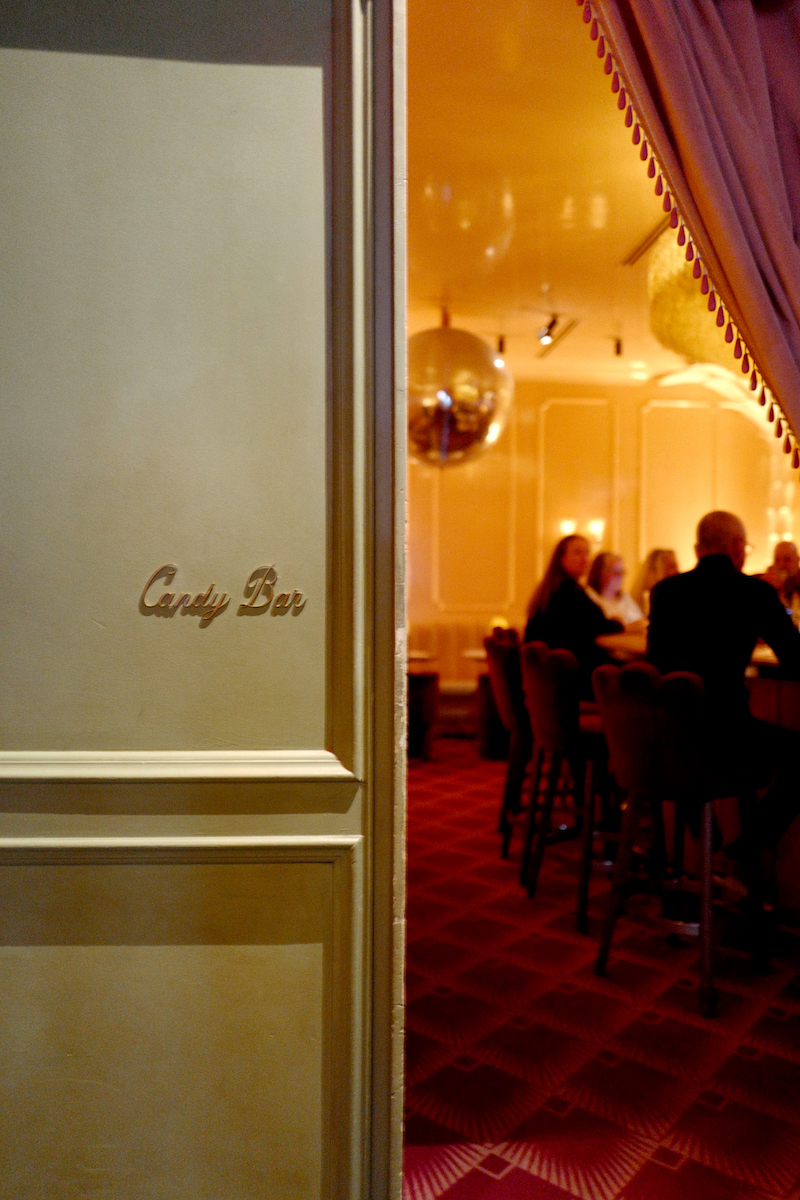
Which is to say The Siren isn’t just a beacon — the hotel doesn’t just occupy but has restored, and revitalized the iconic Wurlitzer building, the century-old downtown skyscraper that once gave rhythm to juke joints, churches and movie houses since the days before talkies. Not only is the building reverberating again, inside is a feast for the senses. Look out your window — down on the Detroit Opera House, toward the roar in the stands at Comerica and the glow of Ford Field; they all fit in a single frame, they’re all steps away, and your lobby is their lobby, shared with out-of-towner Michigan fans rallying at the cafe among hungover bands after a night playing Masonic Temple or St. Andrew’s Hall.

Up the steps, there’s the latest addition, Ash Bar. The Coke-bottle-green all-day diner has an original Wurlitzer jukebox at the entrance and a keyboard at the window, beneath a border of murals inspired by Diego Rivera’s contribution to the Detroit Institute of Arts, which capture the pulse of the past from penicillin and chemical weapons to Indigenous mythologies and Henry Ford. A reminder: “Frida” is as much a Detroit story as “Beverly Hills Cop” and “Out of Sight.”
After dinner, make your way toward the neon in the alley outside the hotel’s back door. Inside Sid Gold’s Request Room, you may not be able to cut a record, but the raucous karaoke bar welcomes you to be the siren, to take a crack at Hitsville USA’s classics and add your voice to the city’s comeback. It’s your call to make.


